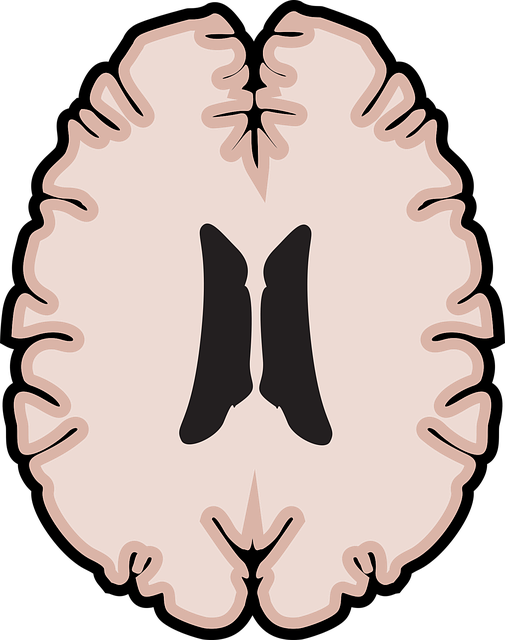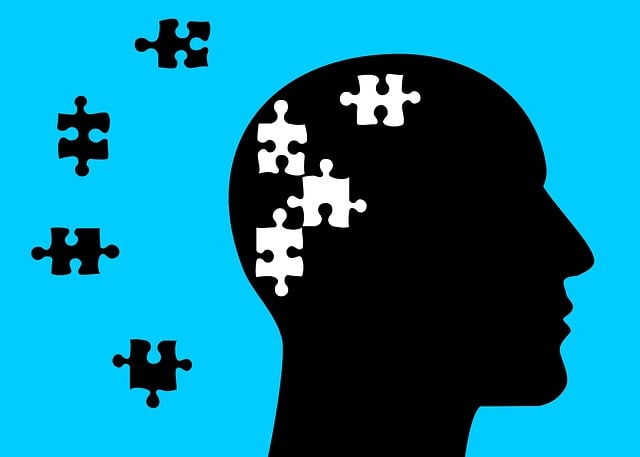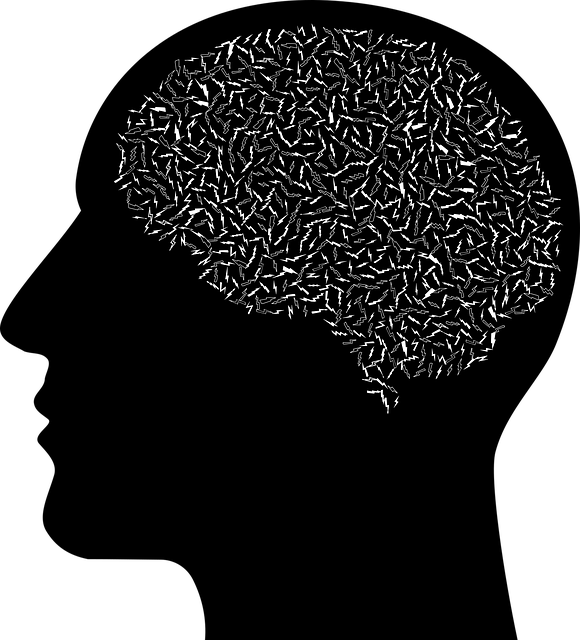Mental wellness is crucial for daily functioning and overall happiness, with untreated mental health issues causing significant impairments. Achieving wellness involves destigmatizing mental illness, fostering positive thinking, and building accessible support systems. Centennial Functional Neurological Disorder (CFNT) therapy addresses underlying causes of conditions like chronic pain and migraines, improving symptoms and quality of life through evidence-based methods. Cultural competency training for healthcare providers is essential for diverse patient populations. Guided Mental Wellness Journaling Exercises promote self-awareness and prevent burnout through sustainable self-care practices. Cultivating a healthy mindset, positive thinking, emotional resilience, and stress reduction techniques are key to long-term mental wellness, especially for CFNT sufferers who require tailored interventions for symptom management and enhanced quality of life.
In today’s fast-paced world, prioritizing mental wellness is more crucial than ever. This article explores holistic strategies for enhancing mental health, focusing on the role of functional neurological disorder (FND) therapy and cultivating a resilient mindset. We delve into how FND therapy, like that offered by Centennial Functional Neurological Disorder Therapy, can significantly impact daily life, offering tools to navigate stress, anxiety, and chronic conditions. By understanding these approaches, individuals can embark on a journey towards sustained wellbeing.
- Understanding Mental Wellness and its Impact on Daily Life
- The Role of Functional Neurological Disorder Therapy in Promoting Mental Health
- Strategies for Cultivating a Healthy Mindset and Sustaining Long-Term Wellbeing
Understanding Mental Wellness and its Impact on Daily Life

Mental wellness refers to our emotional, psychological, and social well-being. It impacts how we think, feel, and act in daily life, influencing our ability to cope with stress, make choices, and relate to others. When individuals achieve mental wellness, they often experience increased happiness, productivity, and a sense of purpose. Conversely, untreated mental health issues can lead to functional impairments, hindering one’s ability to perform everyday tasks and maintain relationships, as seen in cases of Centennial Functional Neurological Disorder Therapy patients.
Promoting mental wellness involves fostering emotional healing processes through various means, including public awareness campaigns development that destigmatize mental illness. Encouraging positive thinking and accessible support systems can significantly contribute to maintaining balanced mental health. By integrating these strategies into our lives, we can enhance resilience and overall well-being, ensuring a higher quality of life for ourselves and those around us.
The Role of Functional Neurological Disorder Therapy in Promoting Mental Health

Centennial Functional Neurological Disorder Therapy plays a pivotal role in promoting mental health by addressing the root causes of various neurological conditions. These therapies focus on understanding and managing symptoms like chronic pain, migraines, and fatigue, which often have significant impacts on an individual’s overall well-being. By employing evidence-based approaches tailored to each patient’s unique needs, healthcare providers specializing in this field can help reduce symptoms, improve quality of life, and foster resilience.
Incorporating Cultural Competency Training for healthcare providers is essential within this context. Understanding cultural nuances enables better communication and care, especially when dealing with diverse patient populations. Additionally, Mental Wellness Journaling Exercises guided by professionals can empower individuals to track their progress, identify triggers, and develop coping strategies, thereby enhancing self-awareness and promoting proactive mental wellness practices. Burnout prevention is another key benefit, as these therapies encourage sustainable self-care habits that are crucial for maintaining optimal mental health in the long term.
Strategies for Cultivating a Healthy Mindset and Sustaining Long-Term Wellbeing

Cultivating a healthy mindset is a cornerstone of long-term mental wellness. This involves adopting strategies that promote positive thinking and emotional resilience. One effective approach is regular practice of self-care, such as engaging in activities that bring joy, maintaining a balanced diet, and ensuring adequate sleep. Additionally, integrating conflict resolution techniques into daily life can significantly reduce stress and foster healthier relationships, ultimately contributing to mental wellbeing.
For those dealing with conditions like Centennial Functional Neurological Disorder (CFNT), sustainable wellness requires tailored interventions. Therapy plays a pivotal role in helping individuals manage symptoms, develop coping mechanisms, and enhance overall quality of life. By combining therapy with proven self-care practices and stress reduction methods, CFNT sufferers can nurture a robust mindset, fostering resilience against challenges and promoting enduring mental health.
In light of the above discussions, it’s evident that promoting mental wellness is a multifaceted approach. From understanding the impact of mental health on daily life to exploring therapies like Centennial Functional Neurological Disorder Therapy and adopting healthy mindset strategies, we’ve uncovered powerful tools for fostering long-term wellbeing. By integrating these insights into our lives, we can navigate challenges more effectively, enhance resilience, and create a symphony of mental wellness that resonates throughout our daily experiences.












